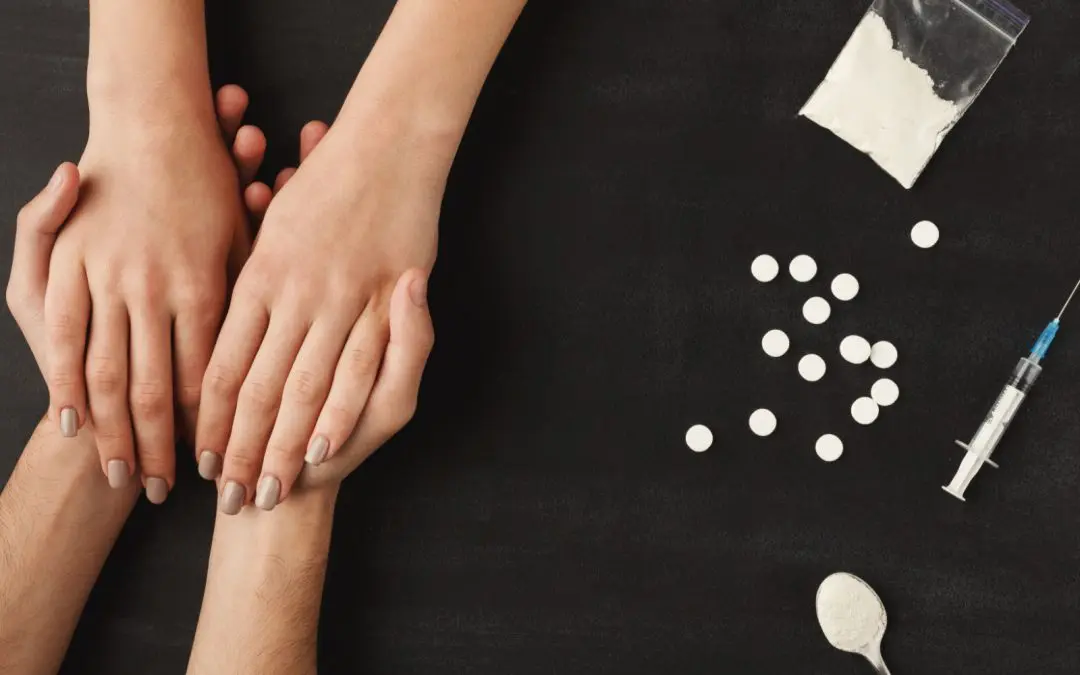24/7 Helpline:
(866) 899-221924/7 Helpline:
(866) 899-2219
Learn more about Inpatient Rehab centers in Honea Path
Inpatient Rehab in Other Cities

Other Insurance Options

CareSource

Anthem

Health Partners

Cigna

MVP Healthcare

UnitedHealth Group

Health Choice

Absolute Total Care

Access to Recovery (ATR) Voucher

Providence

BlueCross

Magellan

United Health Care

Oxford

Evernorth

BlueShield

Carleon

Ceridian

MHNNet Behavioral Health

Sliding scale payment assistance














